TEHRAN(Bazaar) –Shireen Tahmaasb Hunter, a professor of political science at Georgetown University, tells that Grossi's trip to Iran could be a simple fact-finding mission regarding the discovery of uranium particles enriched to the level of %84.
She says: “If the visit was arranged after preliminary discussions between Iran and the IAEA, it could potentially help resolve some outstanding disputes.”
Following is the text of the interview:
Q: Rafael Grossi, Director General of the International Atomic Energy Agency, is going to visit Iran on Thursday. What is your assessment of this trip and what will be his agenda?
A: Grossi's trip could be a simple fact-finding mission regarding the discovery of uranium particles enriched to the level of %84. It also may be related to the outstanding issues between Tehran and the IAEA regarding the sites suspected of having had uranium particles and which Iran has refused to allow IAEA inspectors to visit. Or, Grossi's visit might be for the purpose of preventing further tensions between Iran and the Western powers over Tehran's nuclear program. If the visit was arranged after preliminary discussions between Iran and the IAEA, it could potentially help resolve some outstanding disputes.
Q: A few days ago, the Bloomberg news agency announced that the inspectors of the International Atomic Energy Agency have identified 84% enriched uranium in Iran. Iran also announced that this is normal in the enrichment process, but Iran has not produced more than 60% enrichment in the final product. What is your assessment?
A: It is difficult to ascertain which side, Iran or the IAEA, is correct. Therefore, Grossi's mission could be to find out what has really happened and whether Iran has increased the level of its uranium enrichment. Whatever the facts, this issue could exacerbate already strong mistrust between Iran, the IAEA and its Western members, unless inspections confirm Iran's statement that it has not produced enriched uranium beyond %60.
Q: Some argue that Grossi's trip can provide the basis for revitalizing the JCPOA. Considering the prevailing conditions, do you agree with this assessment?
A: Again, it is hard to say. If Grossi's report is positive about Iran's intentions, it could improve prospects for the JCPOA's revival. However, at the moment, the US insists that it has no intention of reviving the deal. Also, Washington has not given up hope that Iran's economic difficulties and popular discontent could bring about fundamental change either in Iran's behavior or in its political structure. So, Washington is unlikely to give Iran a shot in the arm by reviving the nuclear deal, especially that Iran is nowhere close to having a credible nuclear capacity any time soon.
Q: Some experts believe that America has already implemented Plan B against Iran and the attack on Isfahan's military industries was probably done with the coordination of America. Do you agree with this view?
A: Certainly, the US has increased economic and political pressure on Iran. It is also possible that the US helped Israel in its attack on Isfahan's facilities. However, the full implementation of plan B would require even more drastic punishments, including selective attacks on Iran's nuclear and other military installations, inflicted on Iran.
Q: In addition to Grossi's trip, indirect negotiations between Iran and the United States regarding the revival of the JCPOA are underway. Iran has announced that it has received a message from America through Iraq, and America has also said that it has not sent any message to Iran. What is your assessment?
A: Again, it is difficult to confirm or deny these reports. All I can say is that if Iran wants to communicate with Washington, it should do it directly. Mediators, or those who carry messages, have their own agendas. Moreover, messages could be misinterpreted. If Iran wants to communicate with the US, it should do it directly. Talking to a country doesn't mean approval of its policies. Even enemies talk to each other.






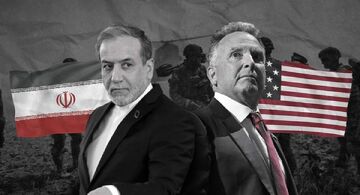
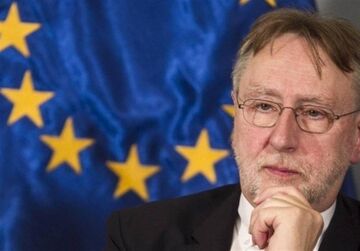
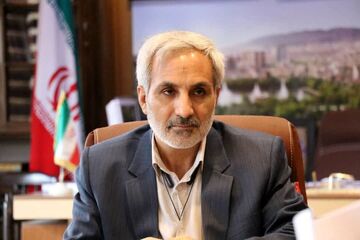



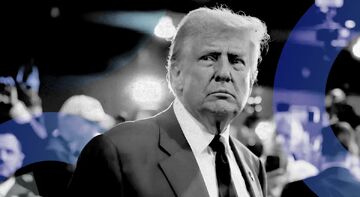
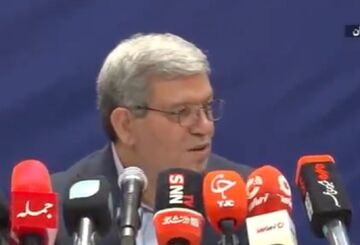

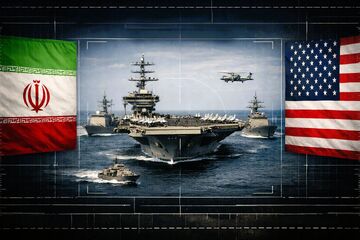
نظر شما